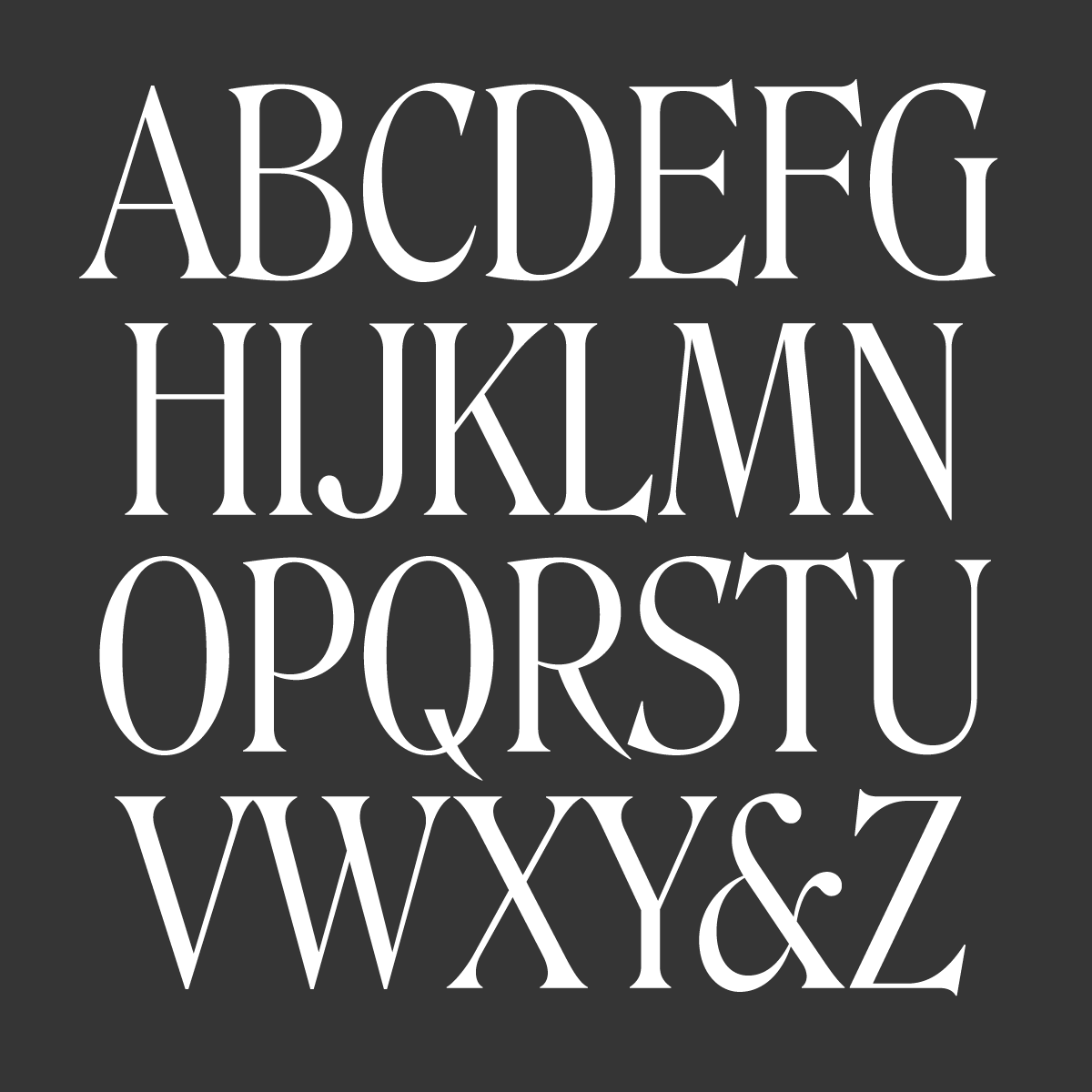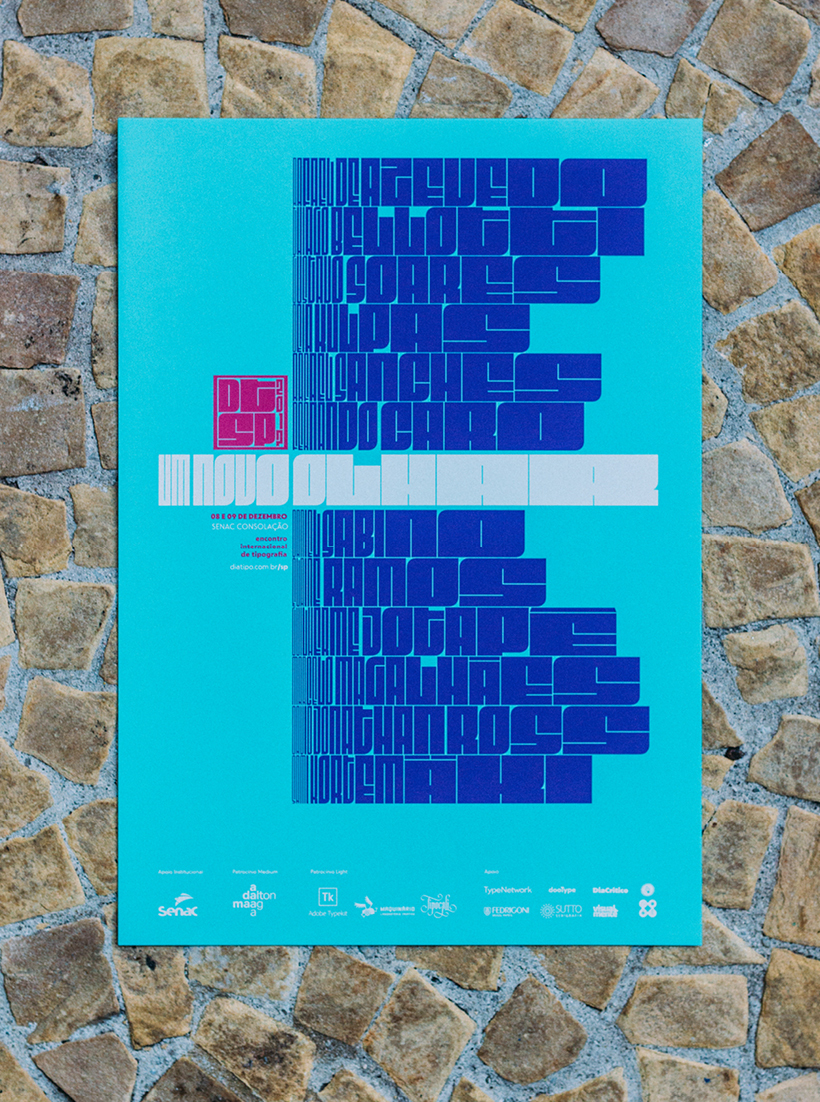New weights for Roslindale, this month at fontofthemonth.club.
April’s font of the month: Rumpus
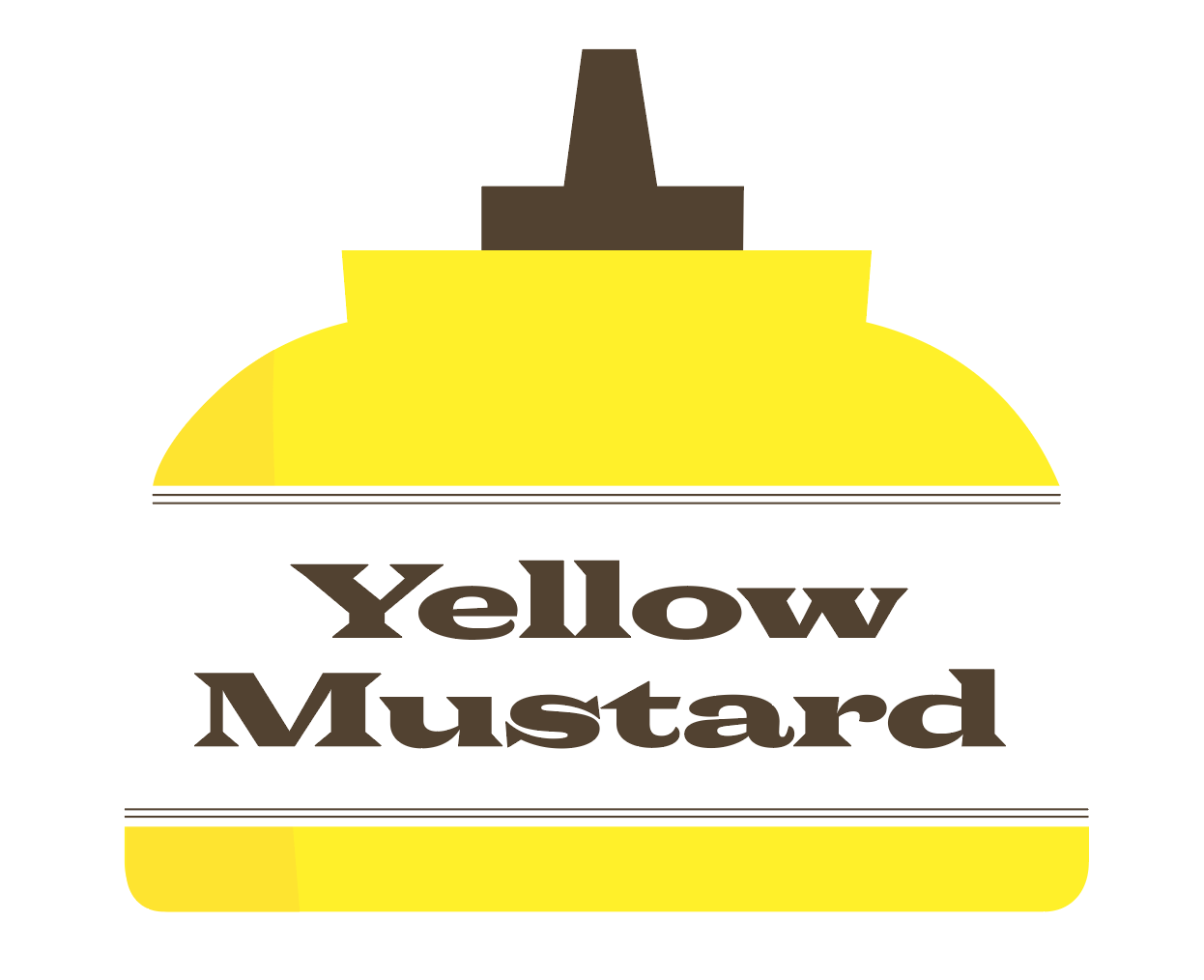
Distinctive serifs can be a blessing and a curse. The shape of the serif can get repeated so many times in a line of text that it can easily come to be the defining characteristic of a typeface, and consequently the glue that holds that line together.
But serifs don’t go everywhere. In typefaces that rely on distinctive serifs to be that glue, there is always a problem: How do you get unserifed letters like O to feel like they are speaking the same visual language as the rest of the typeface?
One of the things I love about Stephenson Blake’s 1883 Wide Latin is that it lets pointy stuff get super pointy and it lets round stuff get super round, but it all seems to kinda work. But I’ve been wondering what all this wonderful sharpness and roundness would be like if it just weren’t so...circus-y. And that’s where April’s Font of the Month Rumpus comes in.
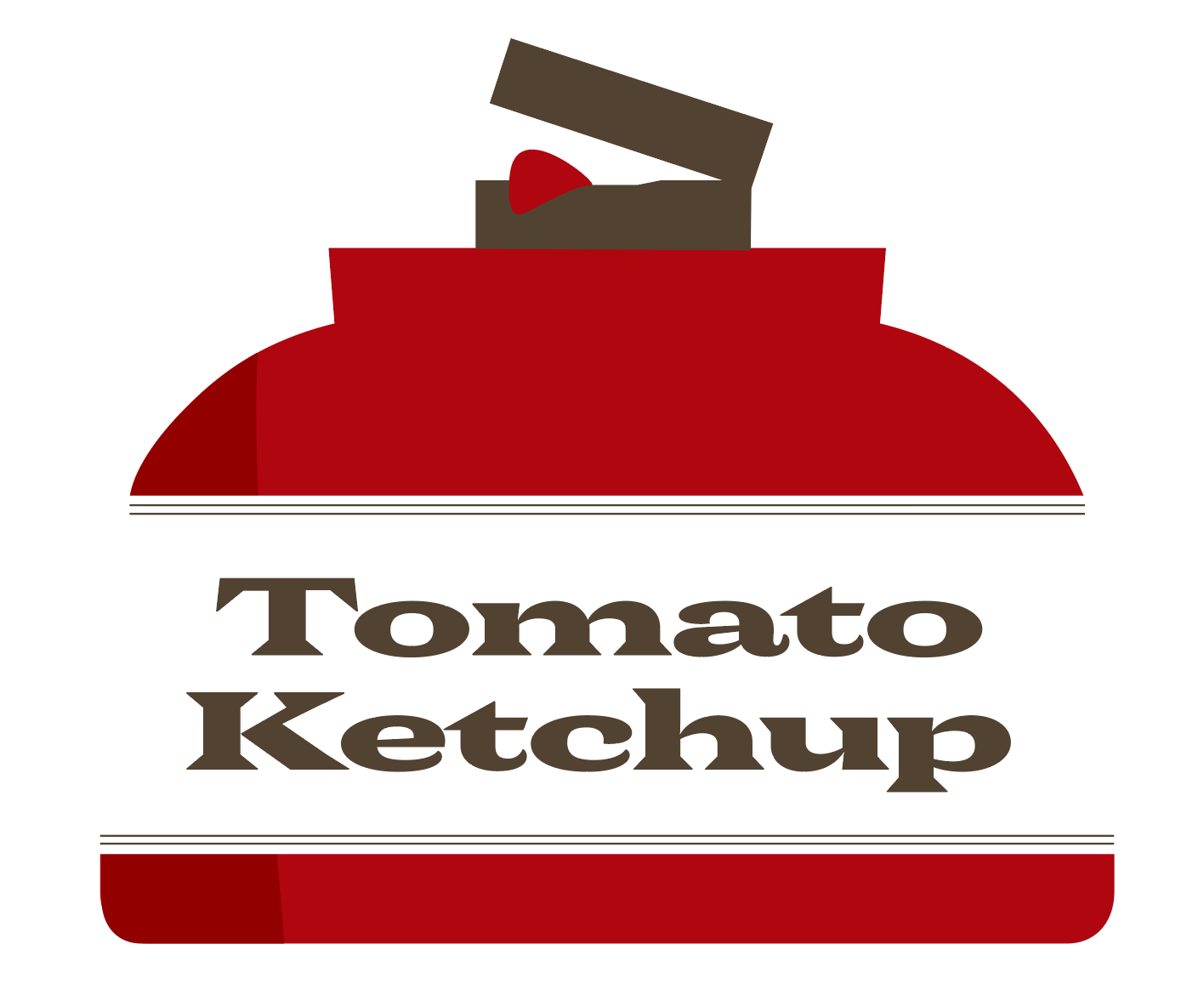
I started drawing Rumpus years ago in a variety of widths, and to be honest, I’m still not sure that I have a handle on the design. It abandons Wide Latin’s modern structure for a more humanist one, and is more consistently wide across both caps and lowercase. It also plays the round/pointy game a little differently than its predecessor, losing some of the extra serifs on letters like V and W, but making up for it with diamond dots and interior corners.
Rumpus is stilly very much a work in progress, and I think pieces of the design are still unresolved. Still, I find that it is an excellent choice if you don’t have a lot to say but have lots of room to say it!
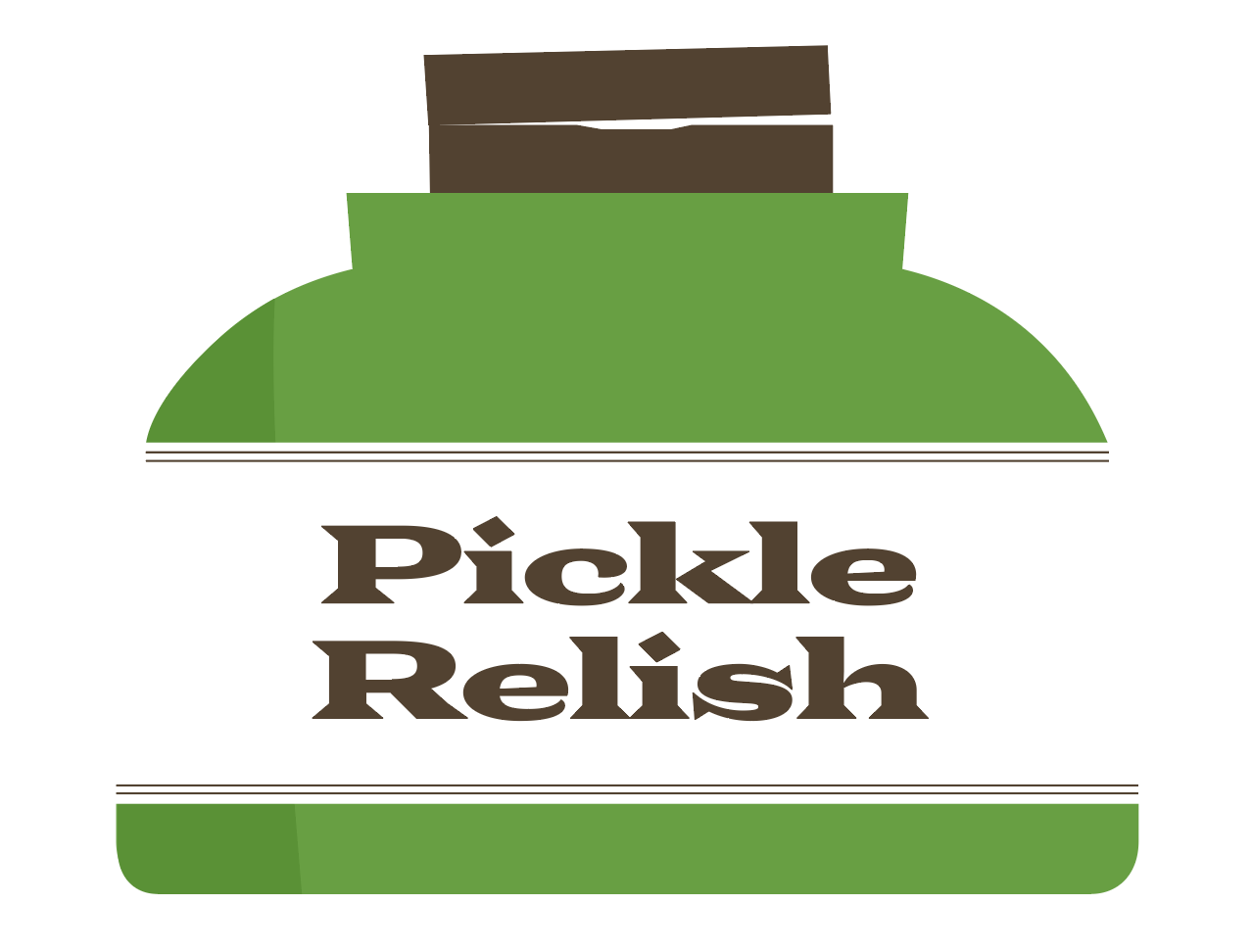
Julio Giacomelli put Fit to great use in the identity for DiaTipo São Paulo 2017. See more on Fonts in Use!
A groovy, ‘70s supergraphics vibe 🌈 See @OdedEzer + @djrrb‘s newest typeface, Fit Hebrew, as it squeezes and expands to fill the space it’s given #TypeTuesday > https://t.co/PSMiqaXWXh pic.twitter.com/TdwXwnBZvC
— AIGA Eye on Design (@AIGAeyeondesign) March 31, 2018
Using Output Sans Hairlines
I’ve been working on Output Sans a lot recently. And in anticipation of its upcoming release, I prepared a special preview of Output Sans’s thinnest weights for the wonderful members of the Font of the Month Club.
Output Sans Hairlines is not the thinnest hairline font out there (talk to Lucas de Groot about “The Thinnest”), but it is still pretty dang thin. One other notable thing about Output Sans Hairlines is that its stroke thickness and optical size are inextricably linked between 34pt and 166pt.

This means that, using its variable font, you can set text at 34pt and then set the stem weight of the letters to be 1px thick. Then you can double the size (or triple it, or quadruple it!), and then set the stem weight to remain (roughly) 1pt thick the entire time. Hairlines can be super finicky and sensitive to size, so this feature can be handy when you want to maintain consistency in weight across text of different sizes.
Setting these 1pt hairlines is pretty easy: just make sure that the value of the Optical Size axis is equal to the point size of the font. Here’s how that looks in the latest version of Adobe Illustrator CC:
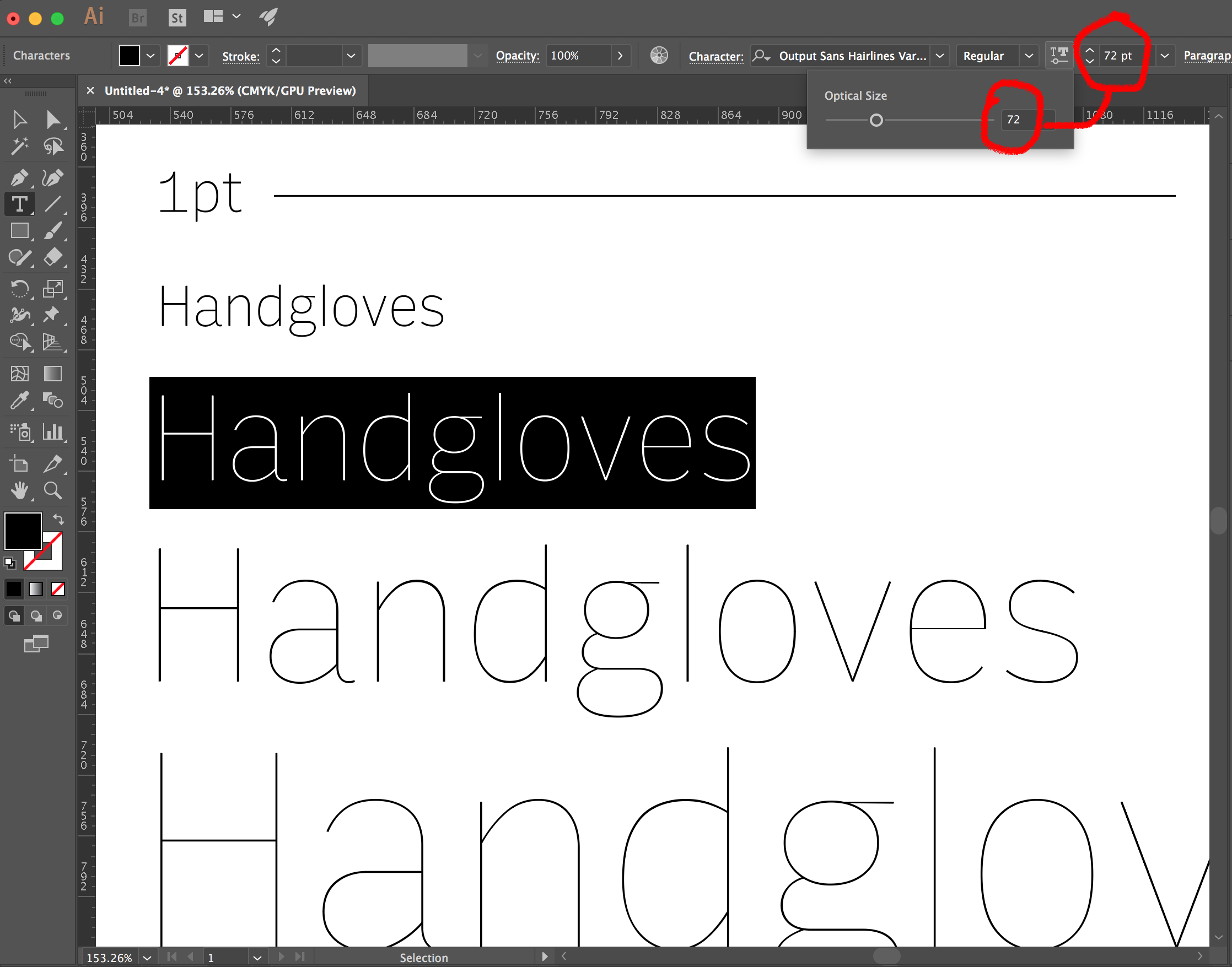
In the future, I would love to see an optional checkbox that would link these two values together, so the optical size axis’s value can be set automatically.
This is not the only feature in Output Sans Hairlines...did anyone see the alternate forms? To all the Font of the Month Club members, I hope you enjoyed this month’s edition. And if you’re not a member yet, there are two days left to sign up before I send out April’s font!
